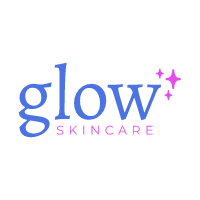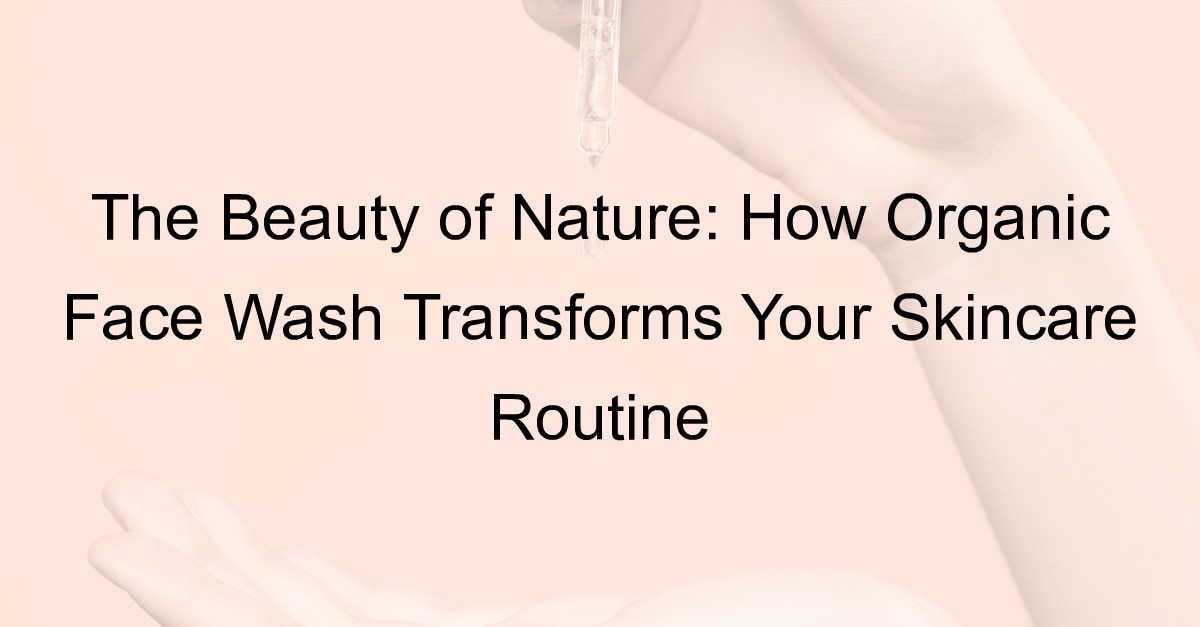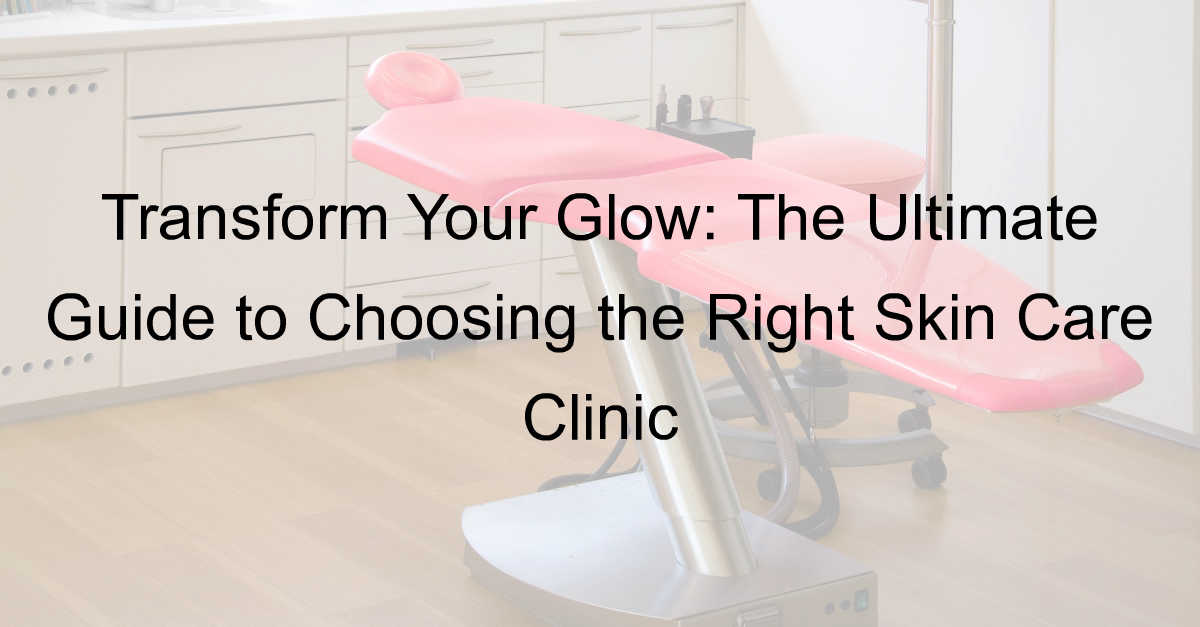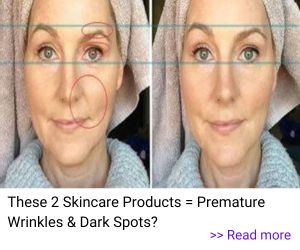Choosing the Right Probiotic Products for Your Skin
The quest for healthy, radiant skin is a journey that often involves a multitude of skincare products and treatments. From cleansers to moisturizers, the options are endless. However, in recent years, a new player has emerged in the skincare arena: probiotics. These live microorganisms, often touted for their digestive benefits, are now gaining attention for their potential to enhance skin health as well. But what exactly are probiotics, and how do they influence our skin?

Photo: Min an
Understanding Probiotics
Probiotics are live bacteria and yeasts that are beneficial for our health, particularly our digestive system. They are commonly found in fermented foods like yogurt, kimchi, and sauerkraut, as well as in dietary supplements. The idea behind using probiotics for skin health stems from the concept that a balanced microbiome— the community of microorganisms living on and inside our bodies— is crucial for overall well-being, including skin health.
The Skin Microbiome
Similar to our gut, our skin hosts a diverse ecosystem of bacteria, fungi, and viruses. This skin microbiome plays a vital role in maintaining skin health by regulating inflammation, protecting against pathogens, and influencing various skin conditions such as acne, eczema, and rosacea. Disruptions in the balance of this microbiome can lead to skin issues, making it a target for therapeutic interventions such as probiotics.
How Probiotics Benefit Skin Health
- Balancing the Microbiome: Probiotics can help maintain a healthy balance of bacteria on the skin, potentially reducing inflammation and supporting the skin’s natural defenses.
- Anti-inflammatory Properties: Some probiotic strains produce anti-inflammatory molecules that can help calm the skin and reduce redness associated with conditions like acne and rosacea.
- Enhancing the Skin Barrier: By promoting the production of ceramides and other lipids, probiotics can strengthen the skin barrier. A robust skin barrier is essential for keeping moisture in and irritants out.
- Combatting Pathogens: Probiotics may inhibit the growth of harmful bacteria on the skin, thereby reducing the risk of infections and acne flare-ups.
- Supporting Wound Healing: Certain probiotics have been shown to accelerate wound healing by promoting tissue repair and regeneration.
Scientific Evidence
While the concept of using probiotics for skin health is promising, the scientific evidence is still evolving. Several studies have shown encouraging results:
- A study published in the Journal of Cosmetic Dermatology found that topical application of probiotics reduced acne lesions and improved skin hydration.
- Research published in the International Journal of Women’s Dermatology suggested that probiotics may alleviate symptoms of eczema by modulating the immune response and restoring skin barrier function.
- Another study in the British Journal of Dermatology indicated that probiotics could help manage rosacea symptoms by reducing inflammation and improving skin sensitivity.
Despite these positive findings, more large-scale clinical trials are needed to fully understand which probiotic strains are most effective for specific skin conditions and how they should be administered (topically or orally).
Incorporating Probiotics into Your Skincare Routine
If you’re interested in exploring probiotics for your skin, here are a few tips:
- Choose the Right Products: Look for skincare products that contain live probiotic cultures or prebiotics (substances that promote the growth of beneficial bacteria).
- Consider Oral Supplements: In some cases, oral probiotic supplements may complement topical treatments by targeting internal factors that influence skin health.
- Be Patient: Like any skincare regimen, it may take time to see results. Give probiotics a few weeks to exert their beneficial effects.
- Consult a Dermatologist: Especially if you have sensitive skin or a specific skin condition, consulting a dermatologist can help you navigate the vast array of probiotic products and find the most suitable option for you.
Exploring the Scientific Evidence on Probiotics and Skin
In conclusion, while probiotics show promise in improving skin health by balancing the skin microbiome, reducing inflammation, and enhancing the skin barrier, more research is needed to establish their efficacy definitively. As our understanding of the skin microbiome grows, so too will our ability to harness probiotics for targeted skincare solutions. Whether you’re dealing with acne, eczema, or simply striving for healthier skin, probiotics may offer a natural and effective addition to your skincare arsenal.
Incorporate probiotics wisely into your routine, and let the science of skincare guide you towards healthier, more radiant skin.
Related:
What Are the Best Skincare Ingredients for Sensitive Skin?







